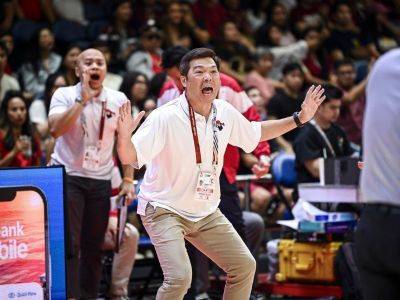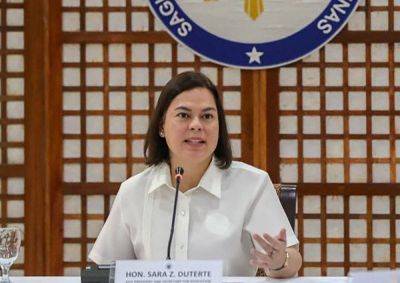The ‘red flags’ vs POGOs
Since the declared banning of Philippine offshore gaming operator (POGO) firms in the country to be effective by the end of this year, residents of Multinational Village in Parañaque City were among those who rejoiced at this official announcement by the government. The official policy to ban POGOs was declared by no less than President Ferdinand “Bongbong” Marcos Jr. (PBBM). In fact, it was roundly applauded during his third State of the Nation Address (SONA) at the joint opening session of the 19th Congress in late July.
Julio Templonuevo, president of the Multinational Village Homeowner’s Association Inc. (MVHAI), lauded PBBM’s order to ban POGO operations as having “partially solved” the problems of their gated village, particularly peace and order. Composed of about 2,500 households from high-and middle- income families, Templonuevo told us at the Kapihan sa Manila Bay news forum last Wednesday that as many as 90 POGOs have been operating inside their village since 2018 under the previous leadership of the MVHAI.
This was the principal issue the MVHAI has brought against its past president when they elected last year their new set of 11-man Board of Directors now headed by Templonuevo. According to Templonuevo, these POGOs entered into lease contracts with residential homeowners. Some POGOs were even allowed to rent outside the designated commercial areas of the village in violation of their MVHAI zoning rules and regulations.
The POGOs, he noted, preferred residences that have two and three floors. These were turned into either POGO hubs or dormitories for the POGO workers, mostly foreign nationals from China and Vietnam, he learned later. Based on MVHAI records, he cited, POGO operators paid as much as P500,000 per month as rental and many paid in cash, some even with advanced payments.
After their investigations, he disclosed, these POGOs were not licensed by the Philippine Amusement and Gaming Corp. (PAGCOR). Apparently, he surmised, these POGO owners considered locating at Multinational Village because of its “strategic” location as being closest to the Ninoy Aquino International Airport (NAIA) for entry and exit of their Chinese-speaking nationals.
Fr







